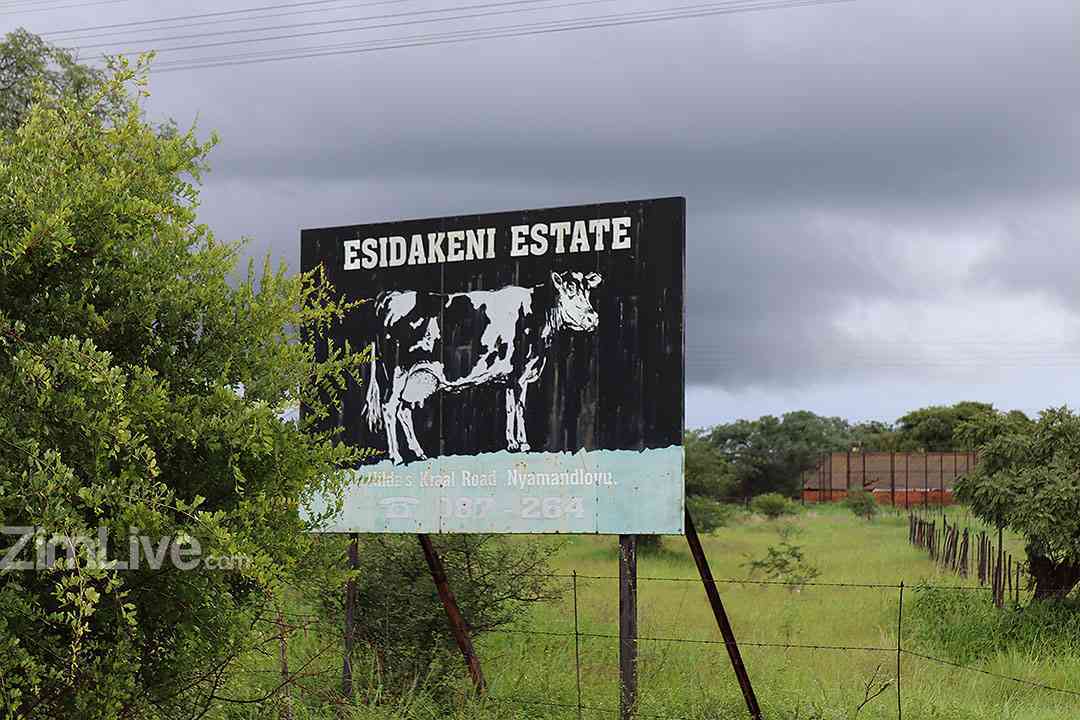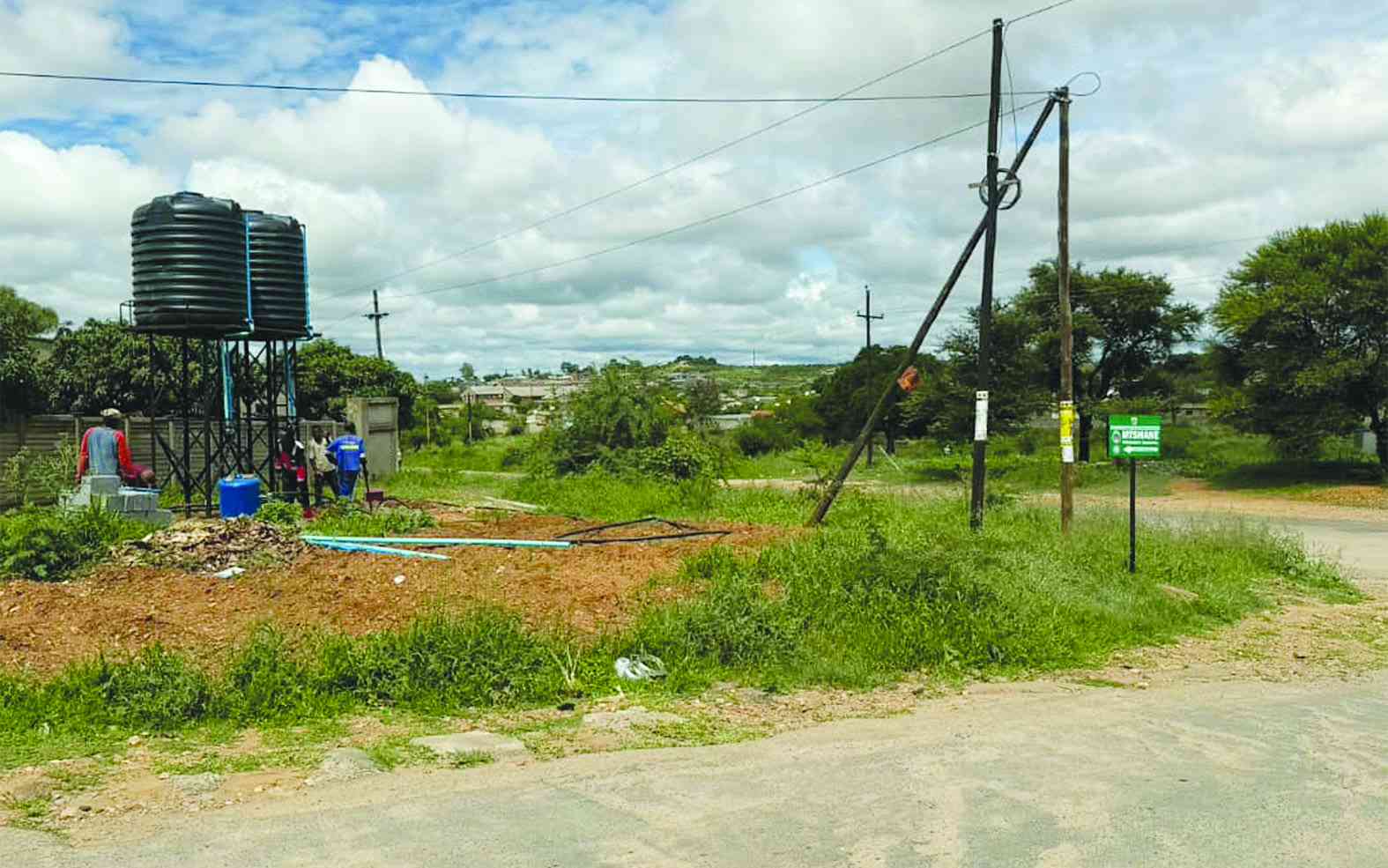
A HIGH Court ruling overturning the seizure of the contested Esidakeni Farm in Matabeleland North by the government in 2020 has been challenged at the Supreme Court.
In his ruling, Justice Bongani Ndlovu said offer letters for sections the farm issued after the government seized the property were null and void.
Ndlovu ruled in favour of human rights activist Siphosami Malunga, scientist Zephaniah Dlamini and miner Charles Moyo after they approached the court challenging the seizure of the 550-hectare farm located in Nyamandlovu.
In court, they submitted that they bought the farm in 2017 when they acquired all the shares in Kershelmer Farms (Pvt) Limited.
In December 2020, the Lands and Agriculture ministry issued a notice in the Government Gazette stating that the land had been compulsorily acquired by the State for resettlement.
The minister went on to issue offer letters to about a dozen individuals that including Zanu PF secretary for administration Obert Mpofu.
The High Court, however, ruled that the seizure of a farm from indigenous farmers to resettle other farmers was not only unlawful but “irrational, arbitrary, malicious and capricious.”
In a Supreme Court appeal, beneficiaries of the offer letters Legina Muchumba, Lovemore Jiyane, Dumisani Madvivanyathi and Reason Mpofu said the judge was misdirected in his ruling.
- Fresh land invasions hit Whitecliff
- Pomona cash row escalates
- Border Timbers targets European markets
- SA name strong A side for Zim tour
Keep Reading
“The court a quo erred in effectively making an order of constitutional invalidity of the administrative conduct of the acquiring authority in proceedings other than constitutional proceedings under section 85 of the Constitution as read together with rr 107 of the High Court Rules, 2021,” they submitted in their appeal.
“The court a quo erred in not striking the list before it from the cause list on account of that court’s finding that the first respondent's founding affidavit was fatally defective and, as such, invalid.
“In overturning the acquisition of the farms because it conflicted with section 72 of the Constitution —specifically, that beneficial ownership resided with black Zimbabweans who lost these farms to other black Zimbabweans — the court a quo erred and misapplied the law by overlooking the doctrine of separate legal personality. The farms were acquired from a company, not from individuals."
They cited Dhlamini, Malunga, Moyo, Kershelmer Farm, Lands minister Anxious Masuka, chief lands officer — Matabeleland North — Registrar of Deeds, Matabeleland North Provincial Affairs minister, former CIO deputy director Gatsha Mazithulela, Mswelangubo Farm (Pvt) Ltd and Mpofu as respondents, respectively.
“The court a quo further misdirected itself in having failed to address the question, in limine litis, of whether or not the 1-4 respondents had approached it with dirty hands because of their continued occupation of the farms in contravention of section 3(1) of the Gazetted Land (Consequential Provisions) Act [Chapter 20:28],” they added in their grounds of appeal.
The applicants said the judge erred in ignoring that Malunga, Moyo and Dhalimi had obtained shareholding in Kershelmer farms in contravention of section 4(1) of the Land Acquisition (Disposal of Rural Land) Regulations, 1999.
“In invalidating the acquisition of the farms on the premise that it contravened section 68 of the Constitution as read with section 3 of the Administrative Justice Act (Chapter 10:28) in that the 5th respondent did not elicit the input of the 1-4 respondents prior to making the acquisition, the court a quo erred at law as it failed to bear cognisance of the fact that section 72 of the Constitution does not impose upon the State an obligation to consult any interested parties before acquiring land,” they submitted.
“The court a quo further misdirected itself in annulling the acquisition of the farms on the ground of violating section 72 of the Constitution since the farms were not acquired for a constitutional purpose, thereby disregarding the fact that the relevant Gazette indicated the purpose of the acquisition and no plausible evidence was placed before it demonstrating that the farms were acquired for a different purpose. The court a quo erred in nullifying the offer letters issued under the acquisition of the farms...”
The matter is pending.









